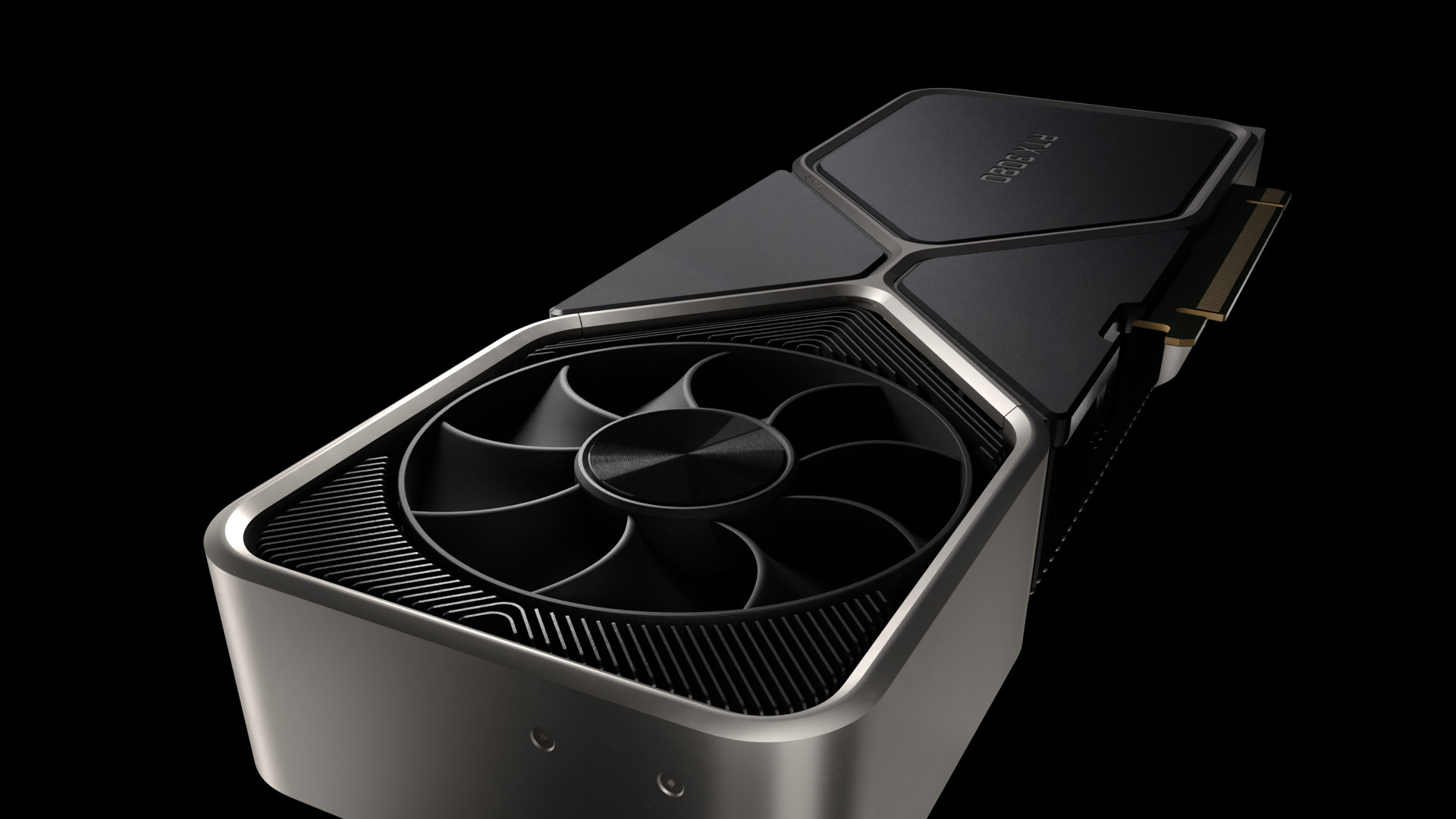HD DVD has been going through some ups and downs lately while Sony and its companions have been doing quite some progress with the rivaling format Blu-ray. HD DVD and Blu-ray will be struggling for the billion dollar industry the optical market is. The “winning” format will be used with all forms of computers and multimedia systems for regular storage, film distribution and more. Lately Blu-ray has been the strongest one but now HD DVD has received some more support, yet bot entirely unexpected such. Microsoft and Intel has namely announced they will do everything they can to make HD DVD the winning format.
Both Microsoft and Intel have had great expectations for one unified format, which have been discussed as well. But when this didn’t come through they chose the format which seemed best. That format is apparently HD DVD because of a number of important features, which you can find listed below.
- Managed Copy: A first for DVDs. Managed Copy is a guaranteed feature within HD DVD that gives consumers the freedom to make copies of their discs to a hard drive or home server, including Media Center PCs using Intel Viiv technology, and enjoy them in every room of the house over their home networks. HD DVD discs also will allow copies of the movie to be played on portable devices.
- “Future-proof” compatibility. Using proven HD DVD “hybrid disc” technology, a single disc can store both high-definition and standard- definition versions of a film, allowing consumers to immediately enjoy the standard-definition movies stored on these discs on today’s DVD players, while HD movies can be replayed later on the HD DVD platform. This is an opportunity for consumers to buy discs at launch that future proof their collections — in other words, helping assure customers that the discs they buy will remain viewable in the future.
- Proven low-cost, high-volume manufacturing. HD DVD discs use essentially the same manufacturing equipment as existing DVDs, meaning that production of HD DVD can ramp up easily and with lower costs.
- Superior capacity. HD DVD-ROM discs will offer dual-layer 30GB discs at launch, compared with BD-ROM discs, which will be limited to 25GB.
- Superior interactivity. HD DVD discs will offer greater interactivity using iHD technology, allowing for enhanced content, navigation and value-added functionality for high-definition films. For example, HD DVDs can offer advanced picture-in-picture capability so that other video, such as a director’s commentary, could play on top of the movie.
- Superior format for notebook PCs. The compatibility of HD DVD with standard DVD facilitates and simplifies development of slim disc drives for integration in notebook PCs, one of the fastest-growing segments of the PC market.
The first, Managed Copy, sounds very interesting and it at the moment not supported by Blu-ray. At the same time the argument for capacity feels wrong, considering that Blu-ray will use discs with 25GB in one layer and 50GB with a dual layer disc.
That Blu-ray will be used with Sony PlayStation 3, Microsoft’s biggest competitor to Xbox 360 might have something to do with it, but this is not something Microsoft has chosen to comment.
Source: Yahoo!

















